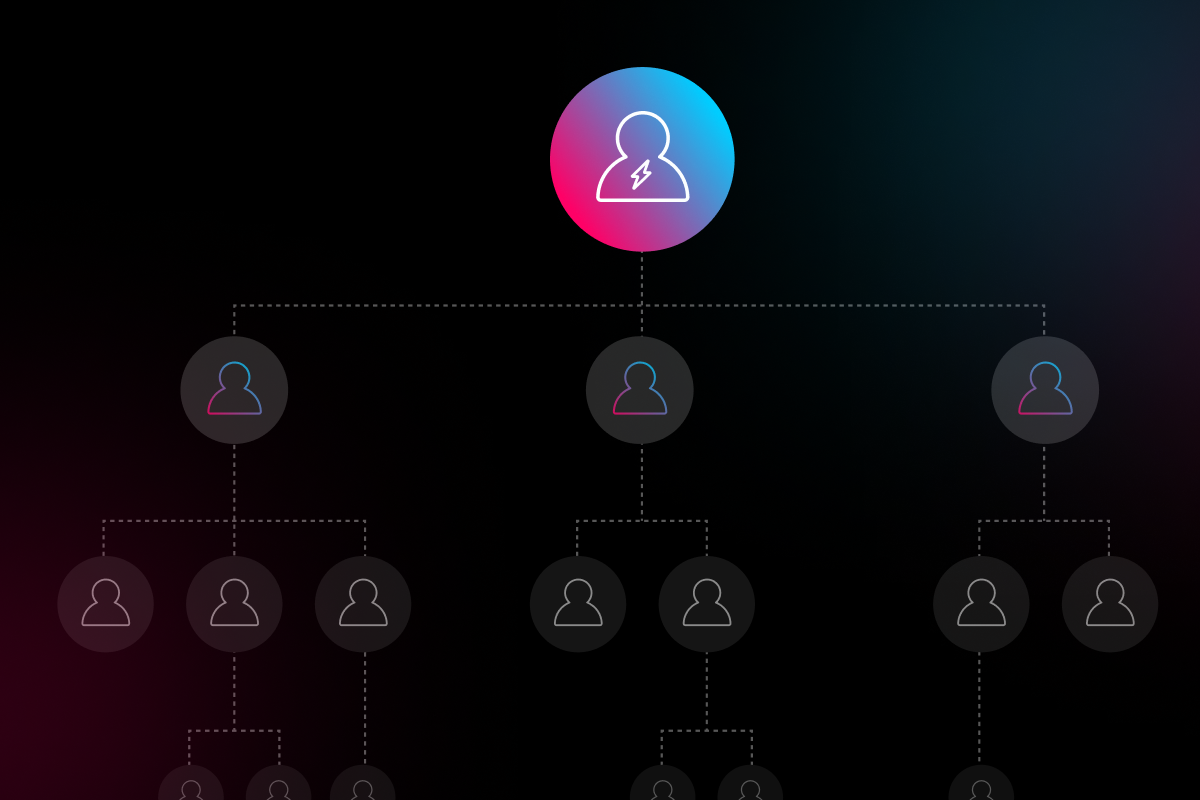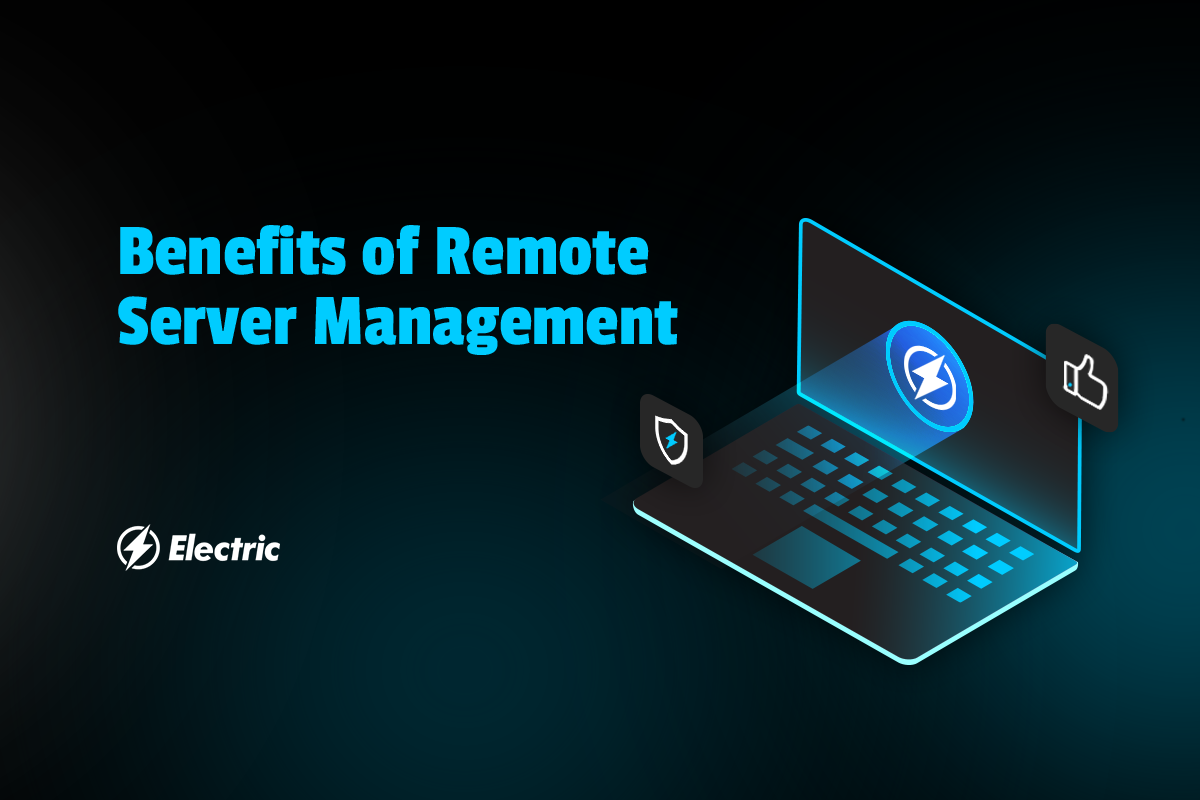
Regardless of your organization’s size, servers are at the epicenter of your entire business. Responsible for storing organizational and customer data, and driving software and applications, they require expert oversight to support the smooth day-to-day running of a company. Without adequate IT knowledge and skills in-house, server management can prove a challenge for SMBs.
Remote server management offers an alternative to the costs and difficulties of taking on this responsibility internally. By outsourcing to a managed IT support provider, your server management is taken care of at all times, ensuring your business is operating at its full potential. If you are on the hunt for a solution that can free you from time-consuming server monitoring and upgrades, remote server management could be what you’re looking for.
What is Remote Server Management?
Remote server management is the monitoring and provisioning of administration capabilities for your servers from any location or device. A team of experts working off-site can remotely access hosts, execute commands, monitor their availability status, apply updates and configurations, and manage tickets on critical system events. The outcome is that there are reduced interruptions to everyday business operations.
What is Remote Server Management Software?
Remote server management software is used by the managed IT support provider in question to keep tabs on the client’s servers. This software ranges from out-of-the-box to more advanced, configurable offerings.
Some of the functions that remote server management services or software can perform include:
Server Discovery and Mapping
A primary task that the remote server management provider performs is the discovery and mapping of your servers. Once set up, the server management software will automatically scan remote servers to determine the OS, administration ports, available services, and important version information. An additional task it can carry out is monitoring and periodically updating this inventory for you.
Alerting
Remote server management can provide you with near real-time notification of any problems that might arise within your server ecosystem.
Remote Command Execution
Also referred to as remote control, remote server management software allows the provider to execute commands on remote servers from any location or device.
Remote File Transfer
With remote server management software, you should be able to transfer files to remote hosts. Notably, this function is often part of the remote command execution function whereby remote commands will be executed and files securely transferred back and forth via the remote network.
Downtime Reporting
When you invest in remote server management software, you should get reports on when the servers were unavailable and how long this downtime lasted. Additionally, you will have access to aggregate data on any downtime you might have experienced.
Root Cause Analysis
With remote server management software, you should be able to see all the different commands that have been executed from the remote site. This is integral to cause analysis, when you want to quickly identify who did what and when.
5 Benefits of Remote Server Management
Understandably, you might be skeptical about turning over your server management to a third party. However, the benefits involved are many when you choose the right managed IT solution. Some of these benefits include:
1. Lower Cost and Better ROI
For most small to medium-sized businesses, there can be concerns over IT operating expenses. By outsourcing server management, SMBs can save on internal costs such as employee salaries, coverage gaps during vacation or sick days, and employee turnover. As a result of the improved efficiencies associated with outsourcing, businesses can also experience an improved ROI through outsourcing.
2. Up-to-Date Industry Expertise
When you outsource your server management to a specialist provider, you will have access to increased hours of support from a team of highly knowledgeable experts that are up-to-date with the latest server management best practices.
3. Server Security
When you outsource your server management, ensure you choose a provider that has employed a robust security framework. By doing so, you are likely to achieve higher levels of security than you may have been able to deliver in-house. With remote server management, an external team is constantly applying the latest updates, which alleviates you from the duty of having to regularly patch and update. Overall, with a remote partner, it becomes easier to identify and rectify any security flaws.
4. Server Monitoring
When you rely on remote server management, you can have your server monitored outside your operational business hours. The service provider can employ a monitoring system to ensure that you reach optimal uptime. These monitoring systems perform tens of thousands of transactions per second to check whether the server is unresponsive, overloaded, or having a problem that could escalate to cause downtime.
Often, as part of monitoring services, you will also receive diagnostic services where the technicians remotely in charge of server management will check if there have been any configuration changes that might leave the servers vulnerable to security threats.
With constant monitoring, the systems should pick up on any drive failures, filesystem problems, disk space usage, and more.
5. Minimized Downtime
When normal business operations are interrupted by server issues and, in some cases, completely halted, there is a direct threat to business continuity. For starters, downtime impacts revenue as the business is rendered unable to complete transactions involving their server. What’s more, downtime can mean that employees are unable to access customer data, which could result in delays in service and a loss of trust. With remote server management, you will usually detect a problem before it adversely affects the rest of the system, thus minimizing overall downtime.
Remote server management keeps your business running smoothly
Having a remote IT support team on standby can be a game-changer for your business when server challenges arise. At Electric, we offer remote server management that takes care of the heavy lifting involved in keeping your servers running, helping you to ensure uninterrupted business operations. Contact us today to learn more about the benefits of outsourcing your server management.



